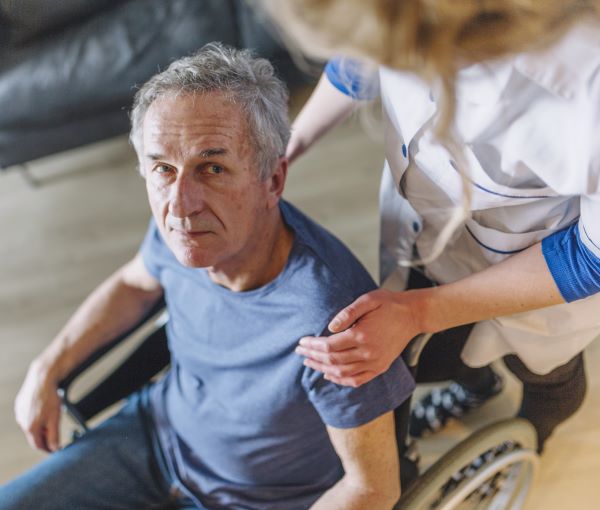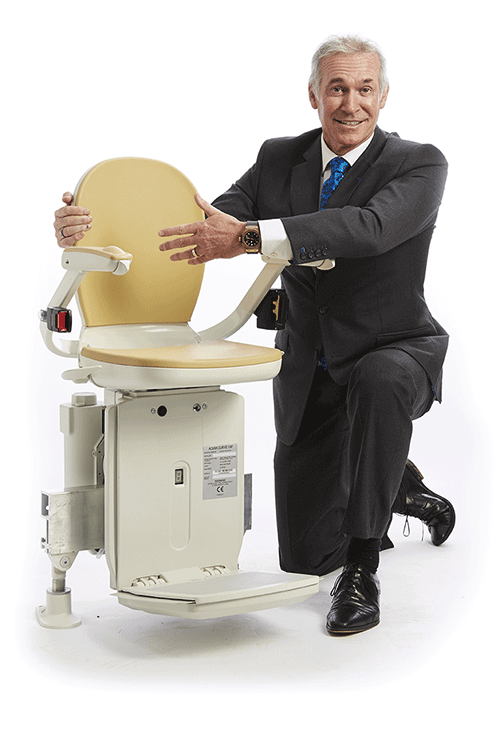Every older adult deserves to feel safe, respected, and valued.
June marks World Elder Abuse Awareness Month, a time for all of us to stand together in protecting the dignity and well-being of older New Zealanders—whether they’re our parents, neighbours, patients, or friends.
Sadly, elder abuse is more common than many realise, and the signs aren’t always obvious. It’s not just about bruises or raised voices. Elder abuse can be subtle, silent, and deeply damaging.
What Is Elder Abuse?
Elder abuse is any act—or failure to act—that causes harm or distress to an older person, especially in relationships where trust is expected. It can happen at home, in care settings, or out in the community, and it often goes unreported due to fear, shame, or isolation.
The Most Overlooked Signs of Elder Abuse
Recognising the more subtle red flags could help you protect someone you love. Here are five lesser-known signs to watch for:
1. Sudden Changes in Mood or Behaviour
If a once-chatty loved one becomes withdrawn, anxious, or easily startled, it may not be “just ageing.” Emotional or psychological abuse—such as intimidation, isolation, or verbal attacks—can slowly erode someone’s sense of safety and self-worth.
2. Poor Hygiene or Untidy Appearance
A loved one who is suddenly unkempt or not wearing clean clothes may be experiencing neglect. It might not be intentional, but it is still harmful. Lack of basic care is a serious warning sign that support may be needed.
3. Unexplained Withdrawals from Bank Accounts
Financial abuse can be subtle and devastating. Watch for suspicious transactions, unpaid bills, or sudden changes in who controls their finances. Sadly, it’s often someone the person knows and trusts.
4. Reluctance to Speak in Front of a Carer
Does your loved one hesitate or seem nervous when a carer is nearby? This could signal fear, intimidation, or control—especially if they change their tone or stop speaking altogether.
5. Loss of Interest in Hobbies or Social Activities
If an older person gives up their favourite pastimes or avoids friends and family, this might be more than loneliness. Depression linked to abuse or mistreatment is real and must be taken seriously.
Protecting the People You Love
Your attentiveness can make all the difference. If you notice signs of abuse or neglect, trust your instincts and act. Speak with the older person in private if possible, and don’t hesitate to reach out to a professional or authority for help.
You might be the voice they need.
Creating a Safer, More Supportive Home with Acorn Stairlifts
Safety and independence are essential to maintaining dignity in later life. Acorn stairlifts help support older adults by giving them back confidence, comfort, and control in their own homes.
Whether it’s reducing fall risks or making every level of the house accessible, a stairlift helps restore the freedom that no one should lose with age.
No older person should feel trapped—emotionally, physically, or financially.
Let’s Stand Together This June—and Beyond
World Elder Abuse Awareness Month is a call to protect, empower, and uplift our elders. Let’s keep our eyes and hearts open to the subtle signs, so no one slips through the cracks.
Because growing older should come with more love, not less.

